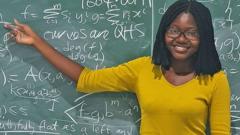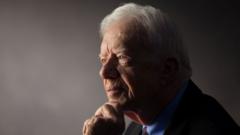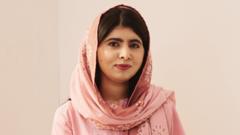Alessio Figalli, a prominent mathematician at ETH Zurich, has been exploring optimal transport, which revolves around the efficient movement of resources from one point to another. This fundamental area of mathematics dates back over 250 years, with roots in military engineering, especially in the works of Gaspard Monge. Monge's theories served practical applications during the Napoleonic Era, helping optimize the logistics of material transportation for fortifications.
Further refining the concept, Leonid Kantorovich published a model in 1975 that garnered him a Nobel in economic science, showcasing optimal allocation exemplified through bakeries and coffee shops. Figalli explains that in a global wellness optimization scenario, the goal is not only to meet individual needs but to enhance the overall utility of the community — a challenge given the complex interdependencies between different players involved.
In an engaging conversation with Figalli held at a New York City event organized by the Simons Laufer Mathematical Sciences Institute, he reflected on his passion for mathematics, particularly its grounding in real-world applications. He appreciates the essence of mathematical proofs, noting their permanence unlike transient ideas. Time and again, he emphasizes the universe of mathematics as an "eternal" realm with lasting truths that stand the test of time.
Through his work in optimal transport, Figalli embodies the notion of making the best of things, turning abstract concepts into practical solutions that continue to impact multiple sectors today, reinforcing the importance of mathematics in understanding and improving our world.
Further refining the concept, Leonid Kantorovich published a model in 1975 that garnered him a Nobel in economic science, showcasing optimal allocation exemplified through bakeries and coffee shops. Figalli explains that in a global wellness optimization scenario, the goal is not only to meet individual needs but to enhance the overall utility of the community — a challenge given the complex interdependencies between different players involved.
In an engaging conversation with Figalli held at a New York City event organized by the Simons Laufer Mathematical Sciences Institute, he reflected on his passion for mathematics, particularly its grounding in real-world applications. He appreciates the essence of mathematical proofs, noting their permanence unlike transient ideas. Time and again, he emphasizes the universe of mathematics as an "eternal" realm with lasting truths that stand the test of time.
Through his work in optimal transport, Figalli embodies the notion of making the best of things, turning abstract concepts into practical solutions that continue to impact multiple sectors today, reinforcing the importance of mathematics in understanding and improving our world.






















